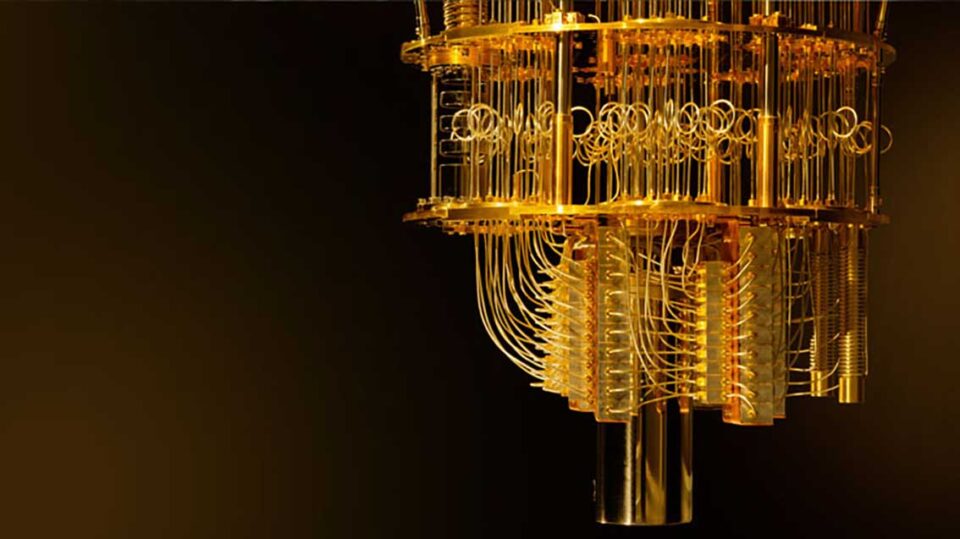Quantum technology, specifically Quantum Information Services (QIS) are going to be key for grid optimization and national security in the future; said Rima Kasia Oueid, officer of the Department of Energy.
Firstly, Oueid said, during at ACT-IAC’s Emerging Technology and Innovation Conference on Tuesday, that quantum technology and its associated supply chain is on its infancy in the United States; therefore, the Department of energy would need more public-private partnerships to further develop it.
Secondly, such quantum computing technologies would help the country to better adapt to the ever-changing energy demands; and to renewable energy integration, consequently, optimizing the grid to the point of reliance and enhanced energy security.
Thirdly, Oueid said. “There’s been growing interest in the energy sector around combinatorial optimization; particularly for management of the grid. Quantum-based optimization algorithms could be combined with classical; or at least verified through classical means, and could provide us some degree of comfort earlier in the algorithm development space; when applied to these optimization-type use cases.” He explained.
Moreover, he said that, currently, only the Both Oak Ridge and Los Alamos national laboratories use D-Wave System’s; 2000Q quantum annealing computer for solving combinatorial optimization problems. Particularly to face utility grids, also, electric vehicles, supply chains and risk assessments.
Also recommended for you: California and federal government agree on offshore wind farms, off Morro Bay. Click here to read.
Important not to loose market opportunity in Quantum tech
However, boosting those developments, and solving quantum encryption over long distances could help different utilities to integrate energy flow across facilities and devices; while keeping electric grid communications safe from cyberattacks.
Indeed, according to Fedscope, experts in the field agree on the fact that developing quantum cryptography in tandem with the latest generation of supercomputers is necessary to guarantee U.S. national security.
Furthermore, these quantum-safe cryptography efforts would be developed by IT companies; then sold in packages to be integrated into the internet; said Carl Williams, deputy director of the Physical Measurement Laboratory at the National Institute of Standards and Technology.
Finally, experts agreed on the fact that these technologies ate most important after the cyberattacks to midstream assets, and the Texas outages. Nevertheless, countries like China investing heavily on that technology pose a threat to the market. Therefore, the U.S. should not delay technology developments of such sort.


